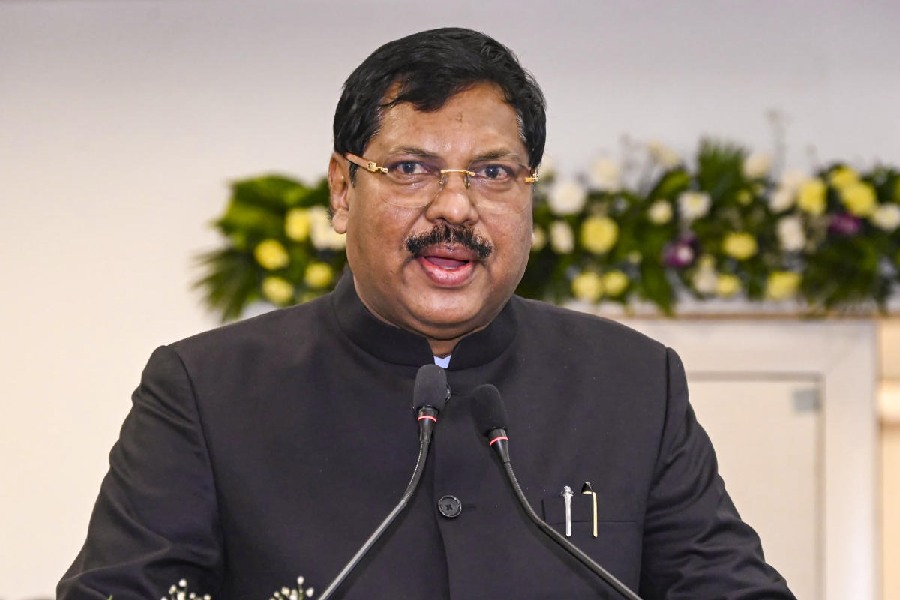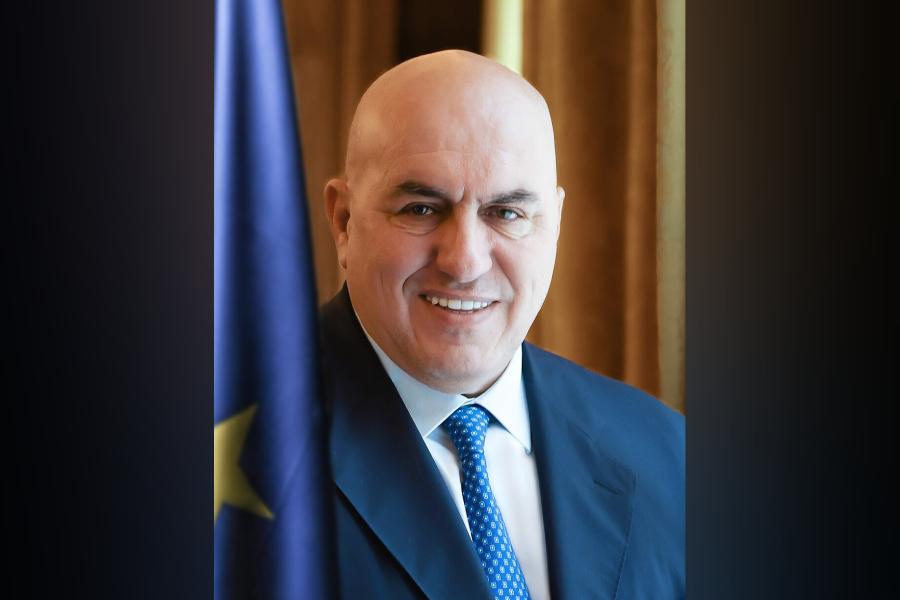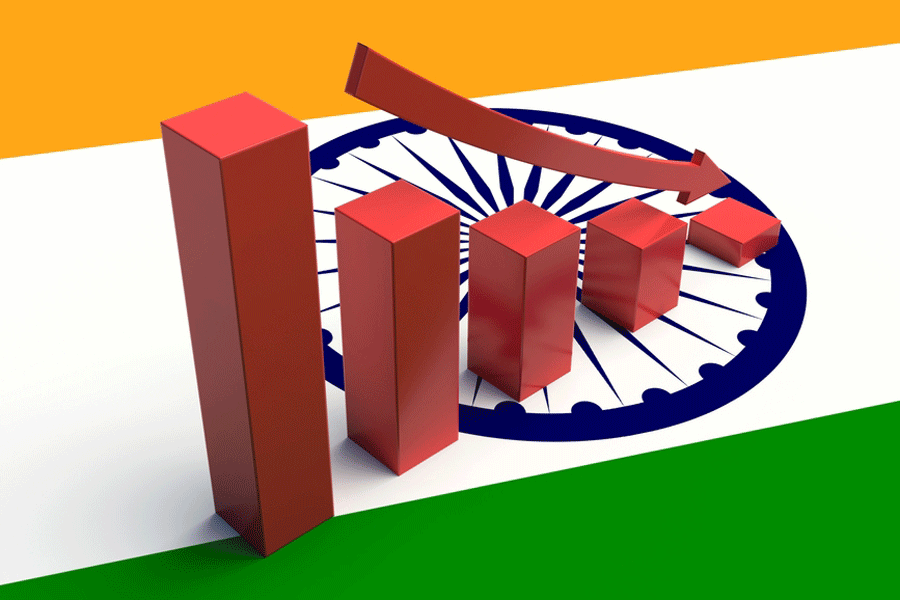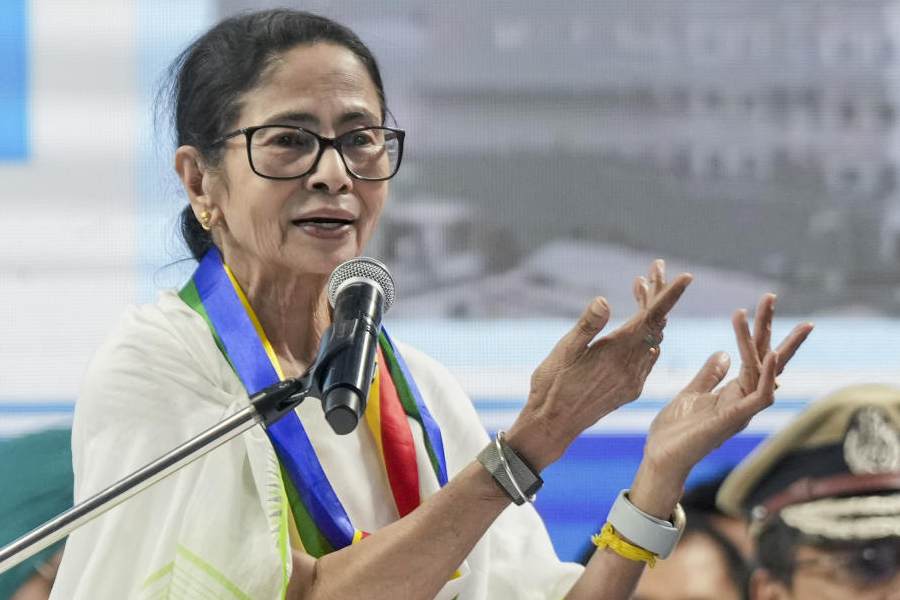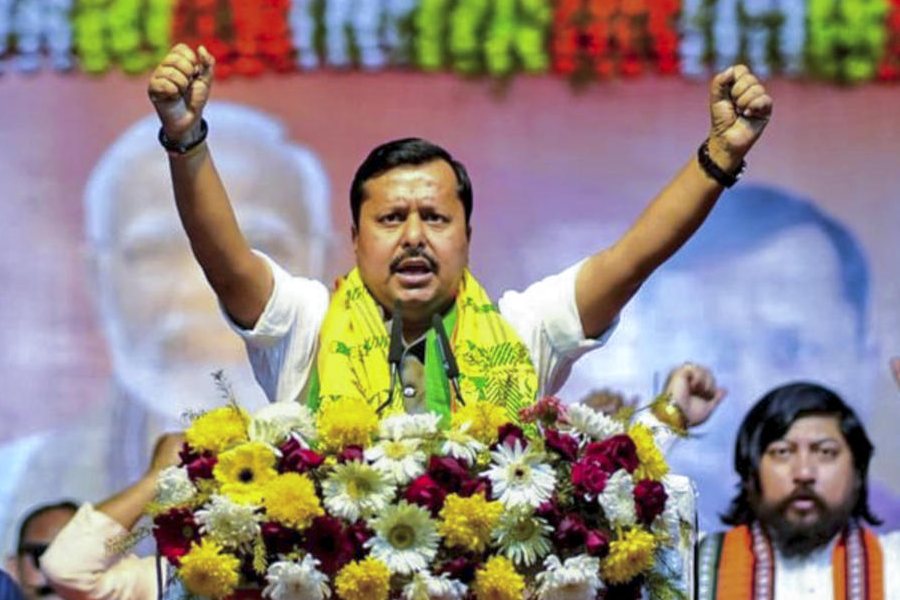The chief justice of India, B.R. Gavai, brought up an overwhelmingly important issue at the Justice V.R. Krishna Iyer Memorial Law lecture. The CJI said that the principle of ‘bail is the rule and jail the exception’ has been forgotten in recent years. This refers to the tendency to refuse bail and incarcerate people indefinitely that has become frequent under the present ruling regime. It is not entirely new: miserliness about bail goes back many years. Otherwise, Indian prisons would not have held 3.75 lakh undertrial prisoners, which is 74.2% of the total number of people imprisoned. But it is true that refusing bail has increased too, many times over recently. The CJI said that although the judiciary tried to integrate the principle of bail, it was not being implemented in the true spirit. He was happy that he had the opportunity to grant bail to three persons charged with money laundering in 2024. He was trying to reiterate ‘bail is the rule’ so that high courts and lower courts also follow it.
The CJI pointed out that it was the late Krishna Iyer who established this principle in the context of a particular case. He believed in granting bail if the conditions of bail were met and stipulated protective and curative measures but not heavy security measures and sureties. He was especially compassionate towards marginalised persons. This is relevant today because a majority of undertrial prisoners come from marginalised groups. The CJI said that the late Supreme Court judge was against prolonged incarceration and felt that at the time of bail, the length of time spent in prison and the expected delay in hearing should be taken into account. Even today, many undertrial prisoners have inadequate knowledge of the law and the means of access to it. The Supreme Court has been trying to re-implement the spirit of the CJI’s quoted principle. In September last year, it pronounced that if the conditions of bail are met, then even accused under such laws as the Unlawful Activities (Prevention) Act and the Prevention of Money Laundering Act should be granted bail in spite of the stringent conditions of bail under these two legislations. But it must also be asked whether the highest court, much like its subordinate chapters, has been consistent in providing bail: Umar Khalid’s prolonged incarceration raises this point. If the CJI’s emphasis on the implementation of Mr Iyer’s principle is followed, it would mean a sea-change for the Indian judicial system.

